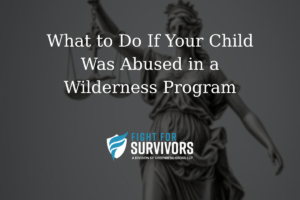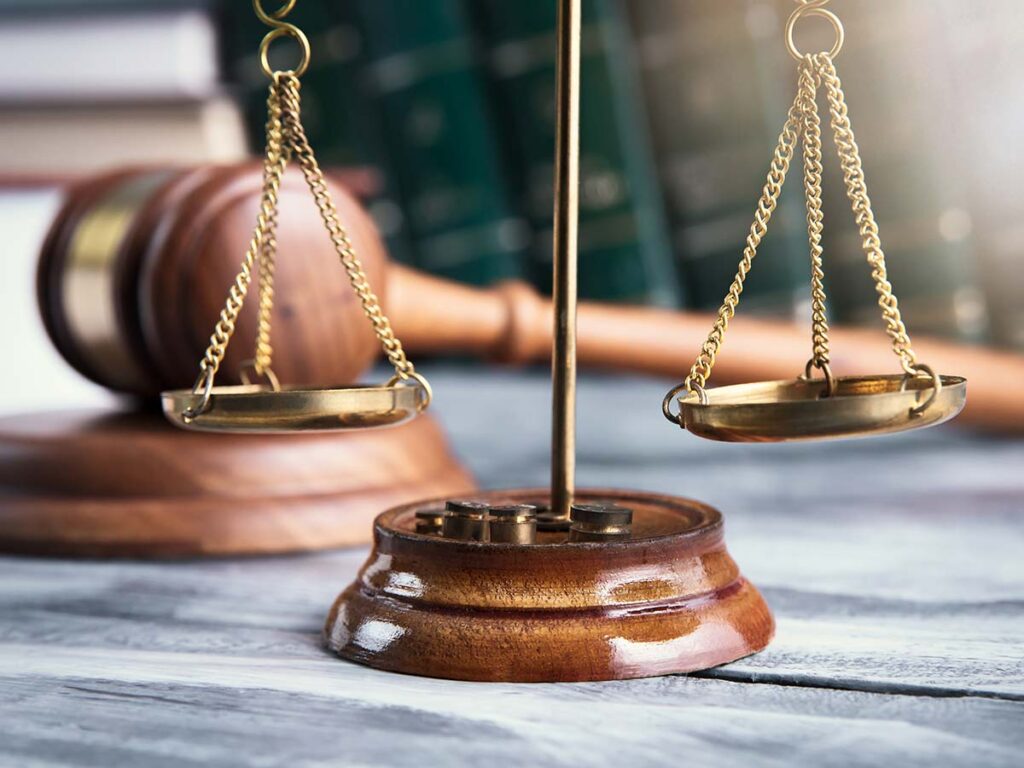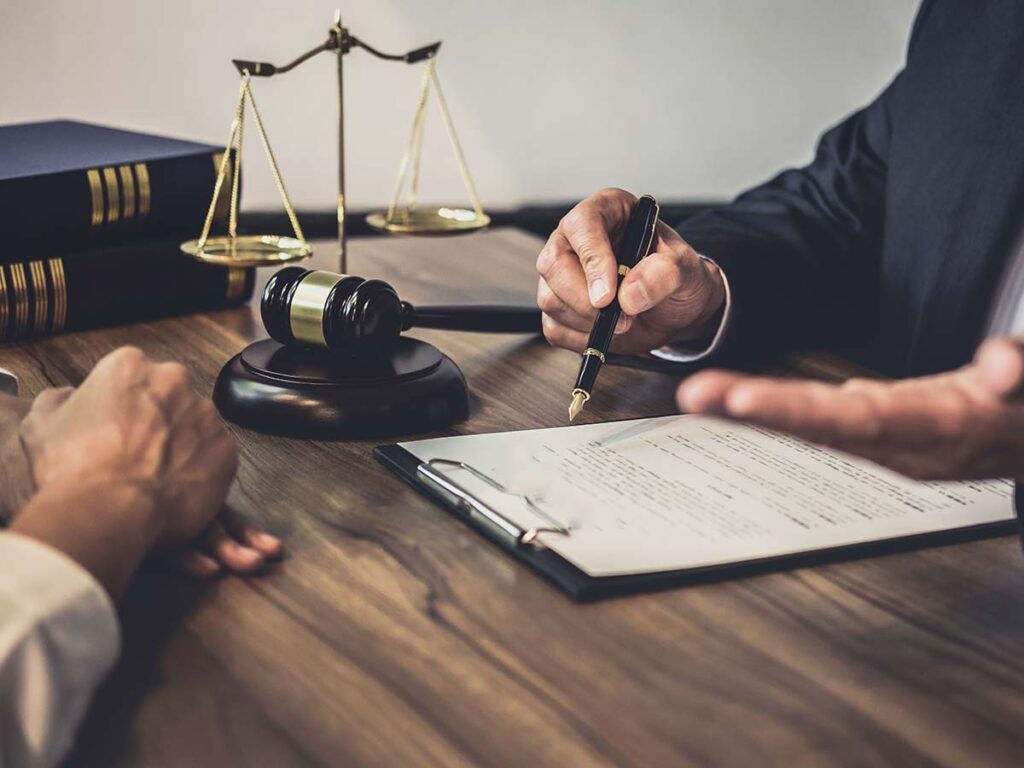
When you entrust your child to a wilderness therapy program, you do so with the hope that they’ll receive compassionate guidance, emotional healing, and professional care. But for too many families, that trust is shattered when their child returns traumatized—physically or emotionally harmed by the very system meant to help. If your child has been abused in a wilderness program, you are not alone, and there are actionable steps you can take to seek justice, secure your child’s safety, and hold those responsible accountable.

Understanding Wilderness Therapy and the Troubled Teen Industry
Wilderness therapy programs are marketed as immersive interventions for troubled youth, promising therapeutic growth through nature-based challenges, intensive therapy, and structured group activities. These programs often target troubled teens with behavioral issues, mental health problems, or substance abuse struggles. Many are part of the larger troubled teen industry, which includes:
- Therapeutic boarding schools
- Residential treatment centers
- Boot camps
- Behavior modification facilities
Contact Us For A Free Legal Consultation. No Fee.
Call (833) 55-FIGHTWhile some facilities employ licensed mental health professionals and adhere to ethical practices, far too many are private programs with little to no oversight. The result? Widespread allegations of wilderness therapy abuse, child abuse and neglect, and, in the worst cases, abuse and death.
Common Forms of Abuse in Wilderness Therapy Camps
Abuse in these programs often goes beyond isolated incidents. Many survivors describe systemic patterns of mistreatment and neglect at wilderness therapy camps and residential treatment programs, including:
- Verbal and physical abuse by untrained staff members
- Sexual abuse or being sexually abused by staff or peers
- Extreme physical exertion and forced labor
- Sleep deprivation as punishment
- Denial of food or medical care
- Forced isolation or emotional manipulation during group therapy
- Coercive wilderness therapy kidnapping tactics, where children are taken without consent
For some families, these experiences amount to institutionalized child abuse.
Immediate Steps to Take if Your Child Was Abused
1. Ensure Your Child’s Safety
Remove your child from the program immediately if you suspect any harm. Your child’s physical and emotional safety is the top priority. After exiting, prioritize mental health support through trauma-informed licensed mental health professionals who are outside the troubled teen programs network.
2. Document Everything
Gather all relevant records, including:
- Medical records and photographs of injuries
- Written statements from your child or other family members
- Enrollment documents or contracts
- Marketing materials that misrepresented the program
- Screenshots or saved emails from program operators
This information is vital if you choose to report abuse or pursue legal action.
3. File an Official Complaint
You can file reports with:
- Your state’s health and human services department
- The government accountability office for program-level investigations
- State licensing boards (if the facility claims to employ mental health professionals)
- Local police if sexual abuse or physical harm occurred
Even if the program operates out of state, reporting is crucial for triggering investigations and potentially shutting down abusive treatment programs.
Holding the Wilderness Therapy Industry Accountable
Unfortunately, many wilderness therapy industry leaders have operated unchecked for decades, thanks to minimal federal oversight and inconsistent state regulations. The government accountability office has issued multiple reports highlighting systemic abuse across residential treatment centers and wilderness therapy camps.
Legal Avenues for Families
You may have grounds for a lawsuit under several legal theories:
- Negligence by program operators for failing to ensure safety
- Deceptive marketing practices if the program was advertised as safe and therapeutic
- Assault, battery, or sexual abuse claims
- Claims of emotional or psychological harm, including emotional trauma
In some cases, criminal charges may also be filed against staff members or program owners.
Families have successfully pursued civil lawsuits against boarding schools, residential programs, and wilderness camps responsible for abuse. These wilderness therapy legal cases often seek:
- Financial compensation for therapy and recovery
- Payment for relocation or alternate treatment programs
- Damages for long-term emotional or physical harm
- Accountability and closure for the family and child
If you are unsure of how to proceed, consult an attorney experienced in wilderness therapy legal matters.

Common Signs of Abuse After a Wilderness Program
It may take time for your child to disclose abuse, especially if they were subjected to manipulation or threatened. Be alert to signs of:
- Withdrawal, fear, or mistrust
- Nightmares or difficulty sleeping
- Physical injuries or malnourishment
- Expressions of guilt or shame
- Refusal to discuss the experience
- Diagnosable mental health issues like PTSD, anxiety, or depression
Some children who were sexually abused in wilderness therapy programs may not feel safe enough to come forward until they’ve had time to process the trauma with a trusted mental health professional.
Why Accountability Is Essential
Too many residential treatment and wilderness therapy facilities continue to operate under different names, even after serious allegations of abuse. Survivors, parents, and activists—including organizations like Breaking Code Silence—have worked tirelessly to raise awareness and demand change.
Seeking justice isn’t just about your child—it’s about preventing harm to other programs’ participants, creating systemic reform, and holding wilderness therapy industry leaders responsible for years of trauma inflicted on troubled teens.
Support for Survivors and Families
Rebuilding after trauma is possible. Many families turn to:
- Trauma-informed group therapy
- Peer support from former wilderness therapy participants
- Mental health treatment from ethical, licensed professionals
- Advocacy networks like Breaking Code Silence
Your family’s healing journey is deeply personal, but it is never something you have to face alone.
You Are Not Alone—and You Can Take Action
Discovering your child has been abused in a California wilderness program is heartbreaking—but it’s not the end of the story. By taking steps to secure safety, seek legal recourse, and connect with the right support, you can begin to heal and help ensure no other child endures the same harm.
Frequently Asked Questions
What are wilderness therapy programs, and are they safe?
Wilderness therapy programs are residential interventions for troubled youth, often marketed as treatment for mental health or behavioral issues. While some are safe and staffed by qualified professionals, many others have histories of abuse and neglect.
How do I report abuse at a wilderness therapy camp?
You can report to state and federal agencies like health and human services, the government accountability office, and local law enforcement. Documentation is key when you report abuse.
What legal actions can I take?
You may file a civil lawsuit, pursue criminal charges, or both. Cases involving wilderness therapy abuse, sexual abuse, or wrongful death can result in significant legal consequences for program operators and staff.
Are there regulations for wilderness therapy?
Currently, there is minimal federal oversight. Regulations vary widely by state, which is why many programs relocate frequently to avoid consequences.
Can my child recover from this experience?
Yes—with the right treatment, legal action, and emotional support, many children recover and go on to lead healthy lives. Healing takes time, but it’s absolutely possible.
Experienced Attorneys Who Will Listen And Fight For You
Speak To An Attorney Now »